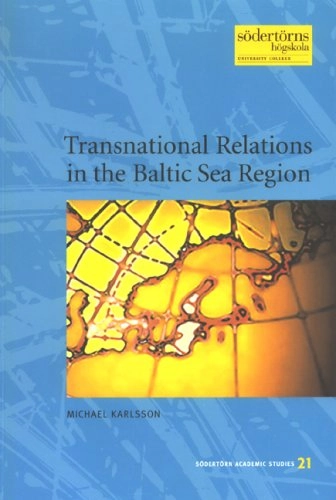

Transnational Relations in the Baltic Sea Region
- Utgiven: 2004
- ISBN: 9789189315457
- Sidor: 170 st
- Förlag: Södertörns högskola
- Format: Häftad
- Språk: Engelska
Om boken
Åtkomstkoder och digitalt tilläggsmaterial garanteras inte med begagnade böcker
Mer om Transnational Relations in the Baltic Sea Region (2004)
I januari 2004 släpptes boken Transnational Relations in the Baltic Sea Region skriven av Michael Karlsson. Den är skriven på engelska och består av 170 sidor. Förlaget bakom boken är Södertörns högskola.
Köp boken Transnational Relations in the Baltic Sea Region på Studentapan och spara uppåt 35% jämfört med lägsta nypris hos bokhandeln.
Referera till Transnational Relations in the Baltic Sea Region
Harvard
Oxford
APA
Vancouver



















